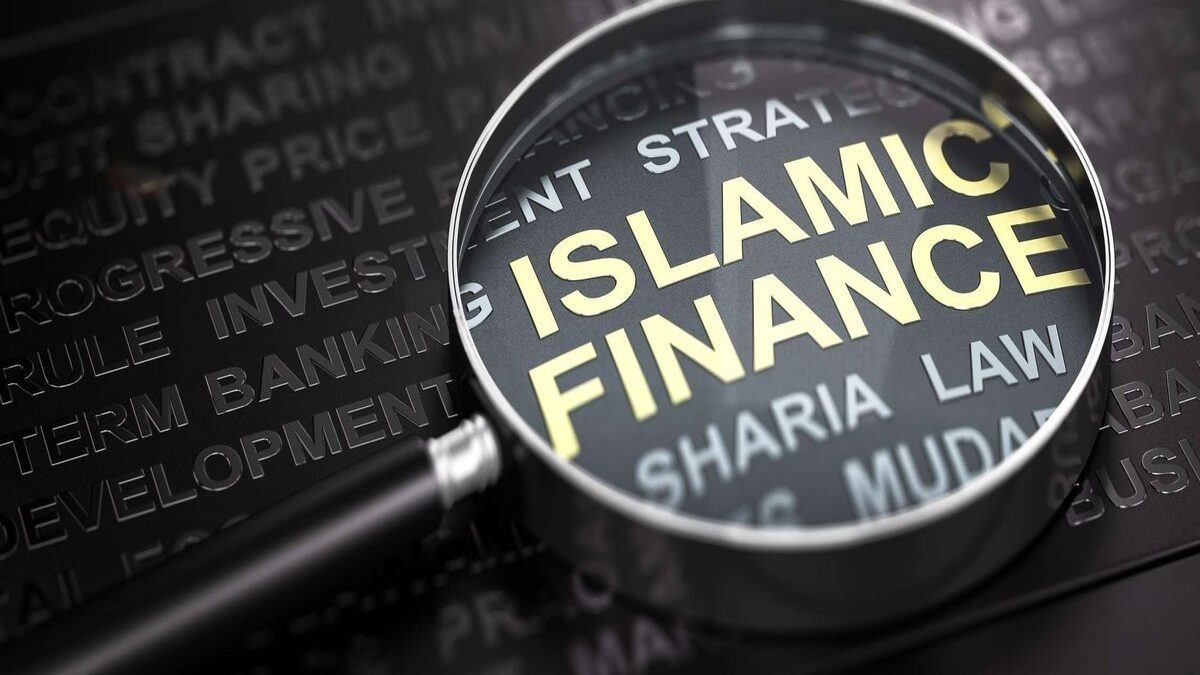Current Islamic institutions include Dukhan Bank, International Islamic, Masraf Al Rayan and Qatar Islamic Bank. Lesha Bank – regulated by the QFC Regulatory Authority – is the first independent, Sharia compliant investment bank.
Banks were required by QCB to separate their Islamic and conventional lending operations by 31 December 2011. Islamic banking by other conventional banks is now barred from Qatar’s market. QCB took this action due to certain supervisory and monetary issues, namely that holding both Islamic and non‑Islamic deposits incurs different risks and reporting methods.
Law No 13 of 2012 requires that Islamic banks must have a Sharia board with at least three qualified members approved by the shareholders. Neither they nor members of their family may be employed or hold shares in the entity.
Institutions and services must abide by regulations set out in the Holy Quran and Sharia (Islamic Law). Charging riba (interest) is haram (forbidden). Islamic banks charge fees for services and engage in profit sharing, enabling them to offer comparable facilities to those of conventional banks. Under a mudharabah (profit sharing) contract, the rabbul maal (owner of the money) authorises the bank to invest funds as per Sharia to make justifiable returns. Other concepts of Islamic banking include wadiah (safekeeping), musharakah (joint venture), and ijarah (leasing). Bai (saving) is halal (allowed).








